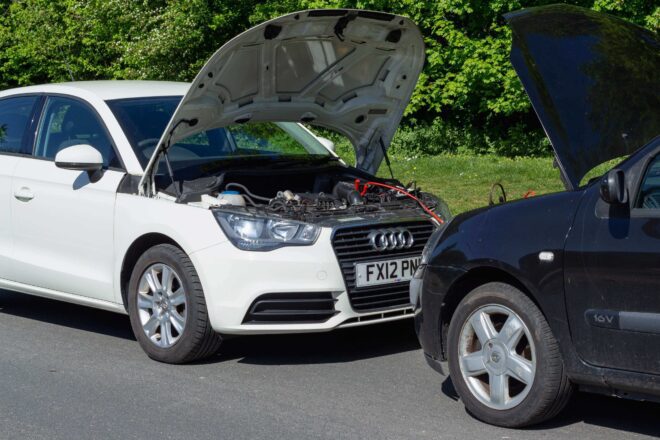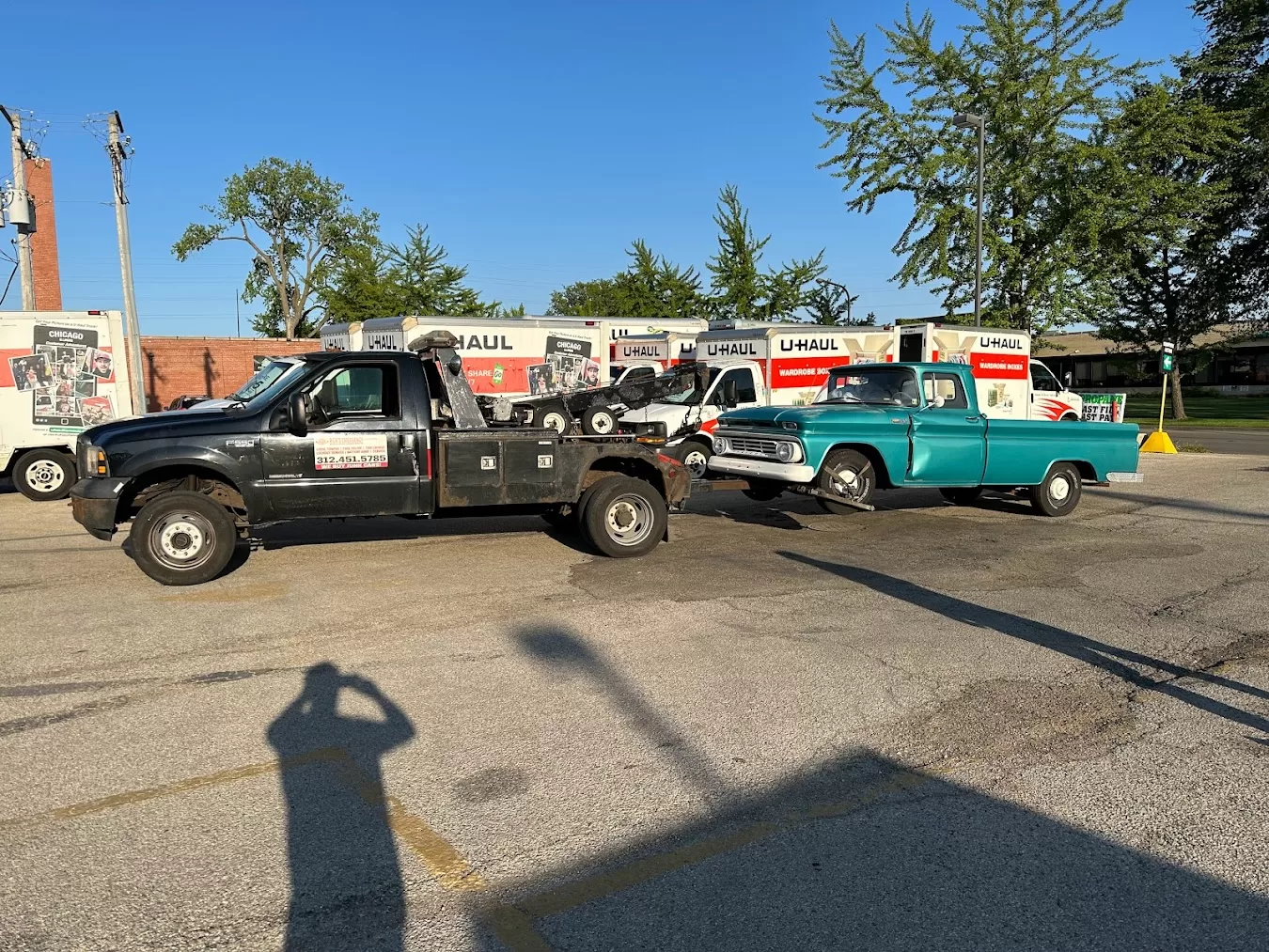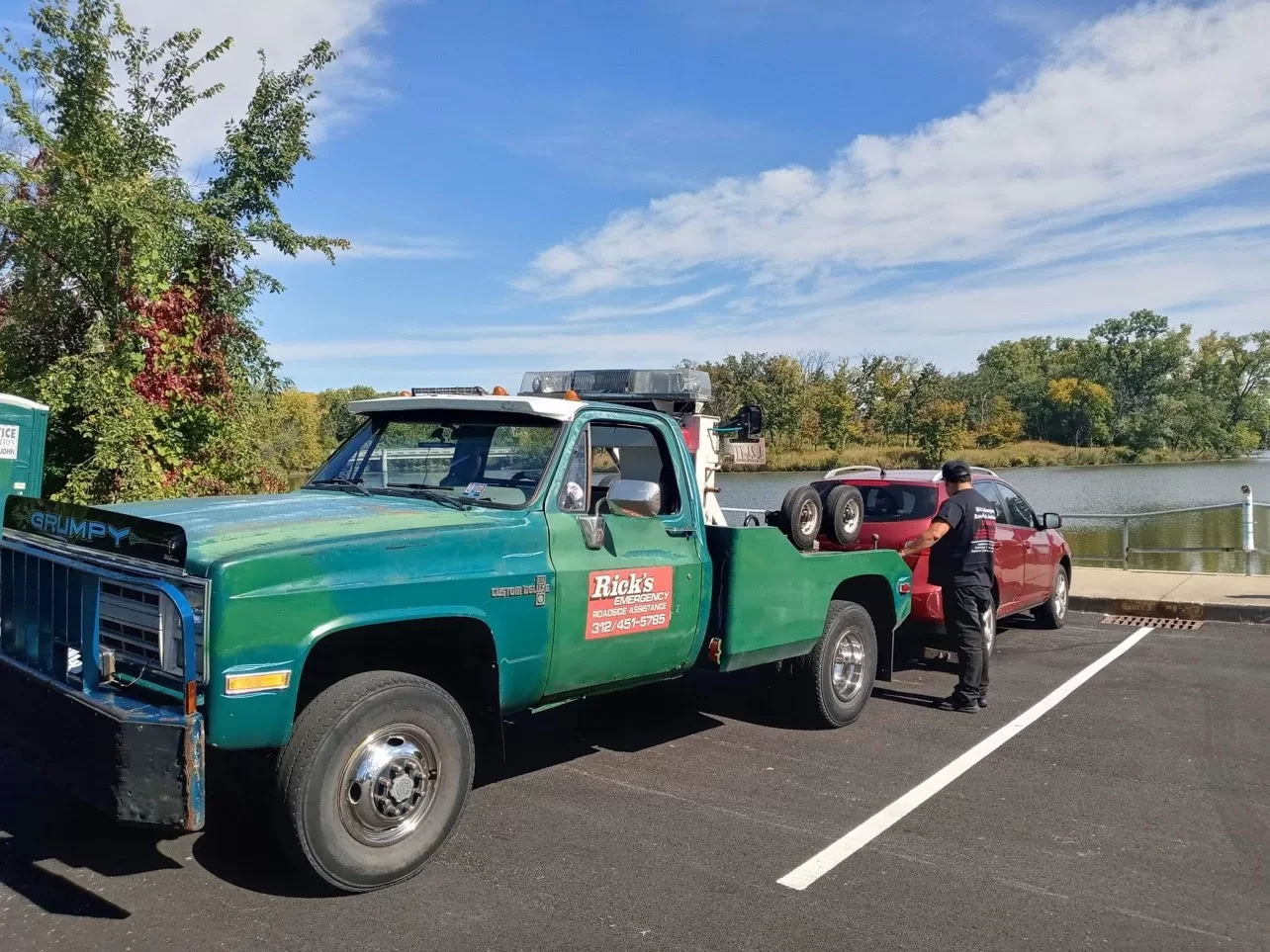How to Jump Start a Car: A Step-by-Step Guide
A dead car battery can be a major inconvenience, but the good news is that jump-starting your car is a relatively easy process that can get you back on the road in no time. In this article, we will guide you through the step-by-step process of how to jump start a car safely and effectively.
What You’ll Need to Jump Start a Car
Before we start, let’s take a quick look at what you’ll need to jump-start a car. First and foremost, you’ll need a set of jumper cables. Make sure that the cables are long enough to reach the battery of the car providing the jump. You’ll also need a car with a good battery to jump-start your dead car, and a pair of safety gloves and glasses to protect yourself during the process.

Steps for How to Jump Start a Car
Step 1: Prepare for the Jump Start
The first step is to park the good car next to the dead car, making sure that the two cars are close enough for the jumper cables to reach both batteries. Turn off the ignition and make sure both cars are in park or neutral, with the emergency brake on. Turn off all electronics and lights in both vehicles. This is a preparatory step for how to jump start a car.
Step 2: Connect the Jumper Cables
Open the hood of both cars and locate the batteries. Connect the positive cable (usually red) to the positive terminal of the good battery, then to the positive terminal of the dead battery. Connect the negative cable (usually black) to the negative terminal of the good battery, then to a metal part of the dead car’s engine block, away from the battery. Make sure that the cables are not near any moving parts of the engine.
Step 3: Start the Good Car
Start the good car and let it idle for a few minutes. This will help charge the dead battery.
Step 4: Attempt to Start the Dead Car
Try to start the dead car. If the engine doesn’t turn over, wait for a minute or two and try again. If the car still won’t start, it may be an indication of a deeper problem with the car’s electrical system, or the battery may be beyond saving.
Step 5: Disconnect the Jumper Cables
If the dead car starts, let both cars run for a few minutes to allow the dead battery to charge. Then, disconnect the jumper cables in the reverse order in which they were connected. Start with the negative cable on the dead car, then the negative cable on the good car. Next, remove the positive cable from the dead car, then the positive cable from the good car.
Step 6: Drive the Car
Once you have successfully jump-started your car, drive it around for at least 15 minutes to recharge the battery fully. Avoid turning off the engine during this time, as it may require another jump start to restart the car.
In this way, you have successfully learned how to jump start a car.
Tips for How to Jump Start a Car Safely
- Always wear safety gloves and glasses when handling the battery and the jumper cables.
- Be careful not to touch the battery terminals with the jumper cables, as doing so can create sparks.
- Make sure that the jumper cables are not in contact with any moving parts of the engine.
- Never attempt to jump-start a battery that has visible signs of damage, such as leaks, cracks, or bulges.
- Always connect the positive cable first and disconnect it last.
- If your car has a modern electrical system, check your owner’s manual before jump-starting your car, as there may be specific instructions to follow.
- For expert assistance on how to jump start a car, never hesitate to contact emergency roadside assistance services.
Conclusion
Jump-starting a car is a relatively easy process that can get you back on the road in no time. Remember to follow the steps carefully and take all necessary safety precautions to ensure a successful jump start. If you are unsure about any aspect of the process, it is always best to consult a professional mechanic.
It is also essential to remember that jump-starting a car is a temporary solution to a dead battery. If your battery dies frequently, it may be time to replace it. Regular maintenance of your car’s electrical system can help prevent dead batteries and ensure that your car is always ready to go when you are.
We hope that this step-by-step guide has helped get you back on the road. If you have any additional questions about how to jump start a car, feel free to consult your owner’s manual or reach out to a professional mechanic for assistance.


